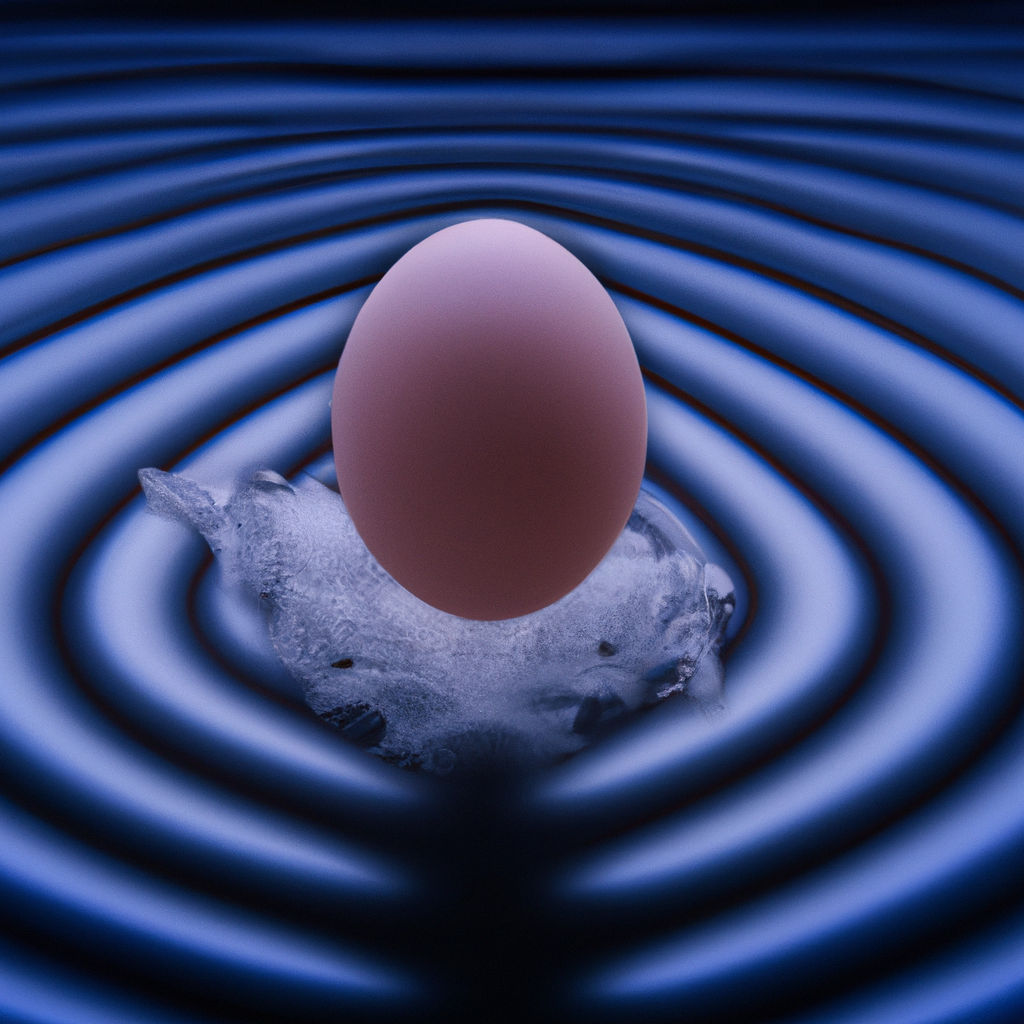⚖
Introduction
Growing up, assimilating the wisdom of the past, is in great part learning how to organize the sensorium productively for intellectual purposes. Man’s sensory perceptions are abundant and overwhelming. He cannot attend to them all at once. In great part a given culture teaches him one or another way of productive specialization. It brings him to organize his sensorium by attending to some types of perception more than others, by making an issue of certain ones while relatively neglecting other ones…Given sufficient knowledge of the sensorium exploited within a specific culture, one could probably define the culture as a whole in virtually all its aspects. The Presence of the Word by Walter Ong, 1967
It’s easy to get caught up in the fervor of the world and to begin vibrating at the same rhythm. There’s a moon wobble coming. Will we be wobbled, too? Or will we instead learn to ride the waves?
We’re twenty-two years into the 21st Century and yet we’re only now feeling our way out of the last one. We must discern the tools to navigate successfully, lest the tools use us. Many are already carried about by the waves, holding onto sinking ships, but there is hope.
In this volume of SCALE, I’ve taken up the honorable task of assembling eight pieces from bridge-building, grass-touching practitioners, who, having transcended the discourse, will provide you with tools to equip yourself for a newly organized sensorium. This issue contains cautionary tales and warning signs; spiritual (ps)(b)alms; and visions. But we only see in part and prophesy in part so be wise like the ancient people of Berea and DYOR.
Step out of the world to be for it. Break free and join “in the same rhythm, isolated from the [W]orld, at last free of the [T]own and of the [P]lague.”2
Your fellow Pilgrim,
Tyler Chevéz Mathews ⚜️
Image generaged by DALL-E 2 based on the text prompt "an egg floating above a maelstrom"
The Plague, Albert Camus, 1947
